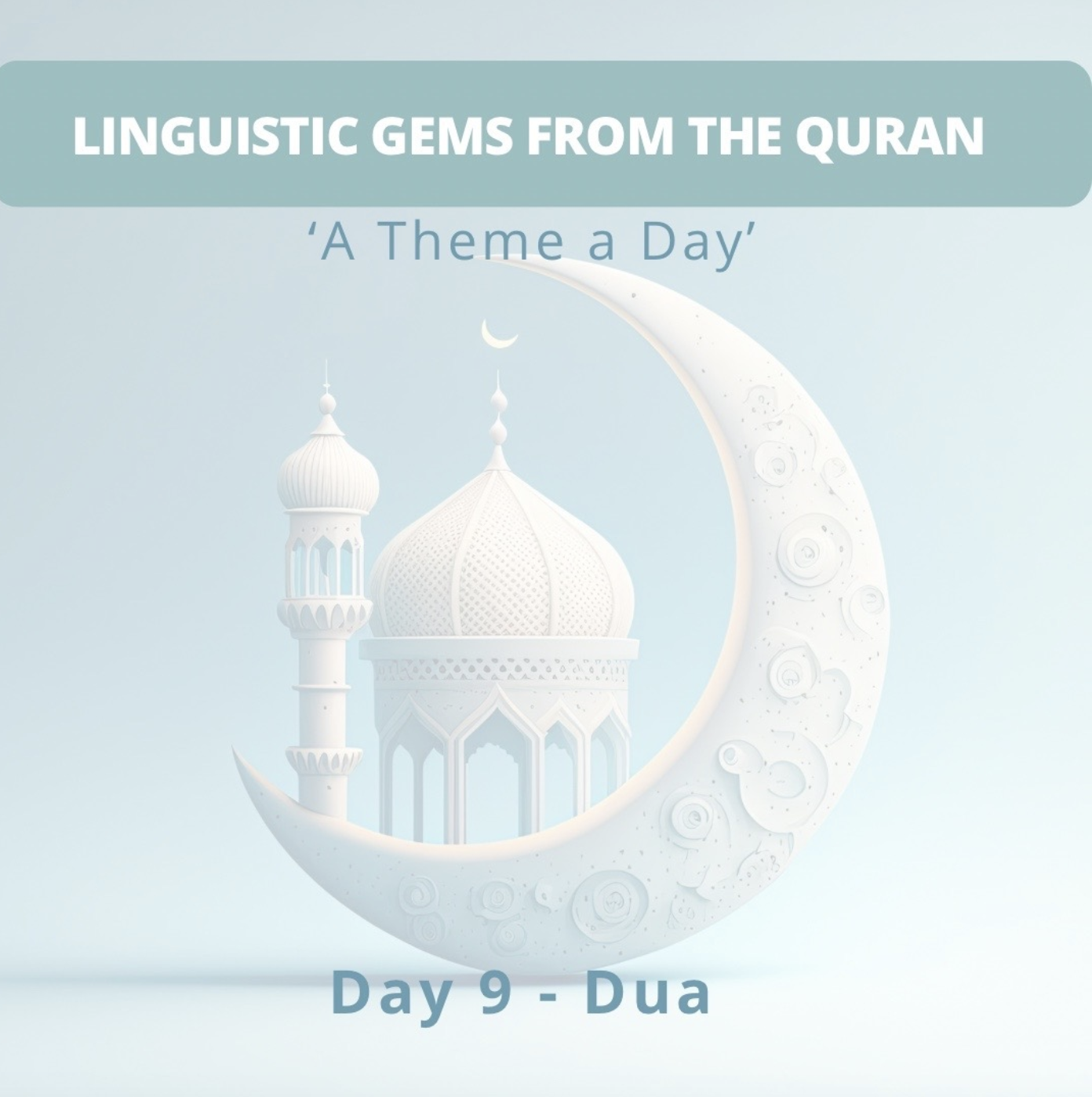
The words دَعَا “da’aa” and نَادَىٰ “naadaa” are both used in the Qur’an to convey the act of calling or supplicating to Allah, but they have different connotations and implications.
Allah says in Surah Aal-Imran, verse 38,
هُنَالِكَ دَعَا زَكَرِيَّا رَبَّهُۥ ۖ قَالَ رَبِّ هَبْ لِى مِن لَّدُنكَ ذُرِّيَّةًۭ طَيِّبَةً ۖ إِنَّكَ سَمِيعُ ٱلدُّعَآءِ
At that, Zakariyyaa called upon his Lord, saying, “My Lord, grant me from Yourself a good offspring. Indeed, You are the Hearer of supplication.”
He also says in al-Anbiyaa’, verse 89,
وَزَكَرِيَّآ إِذْ نَادَىٰ رَبَّهُۥ رَبِّ لَا تَذَرْنِى فَرْدًۭا وَأَنتَ خَيْرُ ٱلْوَٰرِثِينَ
And [mention] Zakariyyaa, when he called to his Lord, “My Lord, do not leave me alone [with no heir], while You are the best of inheritors.”
In each of these verses, Allah used a different word to convey the meaning of ‘called’ – in one instance the word دَعَا and in the other the word نَادَىٰ. We have seen from previous posts that there are no real synonyms in the Qur’an, so what is the secret behind using these two words in what appears to be the same context?
The word نَادَىٰ is a more specific term than دَعَا as it implies a call for response or attention. It is often used in the Quran to describe the act of prophets and messengers calling upon Allah to grant them a particular request.
For example, in Surah Al-Anbiyaa’ verse 89, Prophet Zakariyyaa called upon Allah (naadaa) to grant him offspring while mentioning a particular reason – he did not want to be left without heir.
And so we find that every time it is mentioned using the word نَادَىٰ that one of the Prophets calls upon Allah, we also find a reason mentioned to make that call.
It is as though the نَادَىٰ call is actually a beautiful, humble request for permission to make the du’aa in the first place, and hence the reason for it is mentioned.
And Allah knows best.
